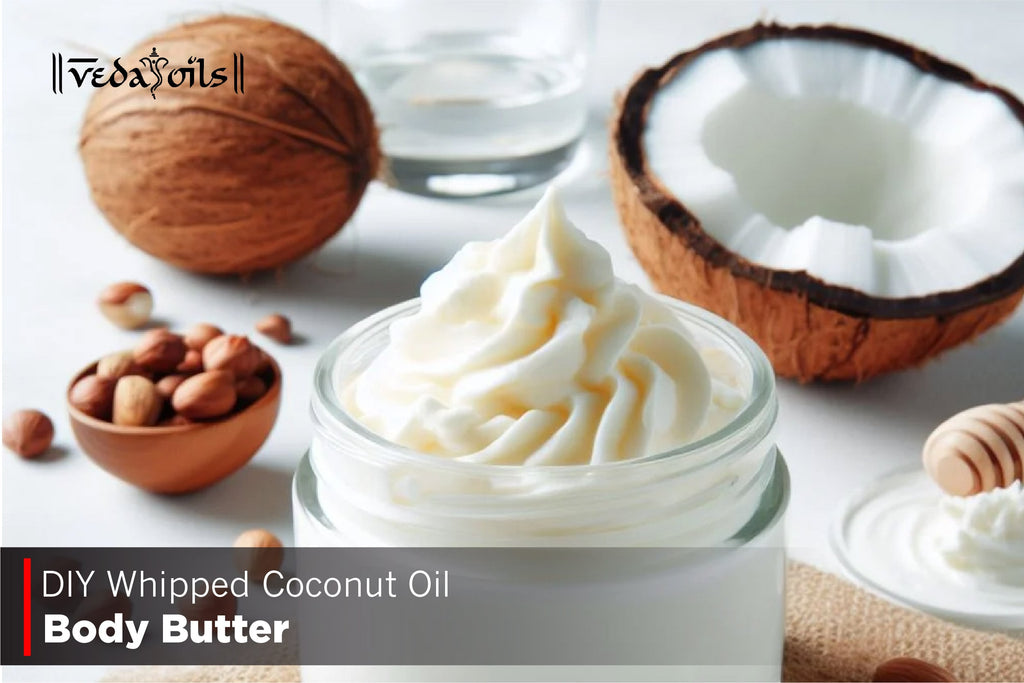For years, we have been trusting different seed oils because of their great health benefits. Out of all the oils you might know, the two most prominent ones are Castor oil and mustard oil.

Both of these oils are known for their beneficial properties that help skin and hair health. Not just that these two oils are also proven to be helpful for major health-related problems too. So, to get clarity on both these oils, let’s discuss castor oil vs mustard oil in detail.
What Is Castor Oil?
Castor oil is a versatile vegetable oil that has been utilised for thousands of years. The oil is extracted from the seeds of the Ricinus communis plant. These seeds, often known as castor beans, contain ricin, a deadly enzyme. The heating procedure that castor oil goes through during manufacture, however, deactivates the ricin, allowing the oil to be utilised safely. Castor oil has a variety of medicinal, industrial, and pharmaceutical applications. It is widely used as an additive in foods and skin care items, as well as an industrial lubricant and a component of biodiesel fuel.
What Is Mustard Oil?
Mustard oil, also known as Sarson ka Tel in India, is a versatile component in most cuisines. While mustard oil is well-known for its strong flavour and culinary applications, it also offers various health benefits. It has a lot of fat, particularly omega-3 fatty acids. This may aid in the reduction of inflammation on your skin and scalp. As a scalp treatment, mustard oil may help protect or promote hair root health, resulting in stronger, thicker hair. In addition to that, mustard oil also encourages collagen production in the skin, which helps in keeping it tight and youthful.
Difference Between Castor Oil And Mustard Oil
Now as we know what actually Castor oil and mustard oil it's time to learn about the difference between these two oils. This differentiation can help us judge both the oils and their benefits.

Castor Oil vs Mustard Oil For Hair
So, how to understand which natural oil is better for your hair? Both these oils can work wonders for your hair. Let’s look at how these castor oil and onion oil can be beneficial for your hair individually.
Castor Oil For Hair
Castor oil is extracted from castor seeds and is a rich source of ricinoleic acid and antibacterial properties. Thus, it is helpful in treating scalp infections and also helps in hair darkening. In addition to that, castor oil also helps thickens eyebrows.
Mustard Oil For Hair
Mustard oil is extracted from mustard seeds. It is rich in fatty acids and contains a huge amount of proteins. As a result, mustard oil helps stimulate hair growth, prevents hair greying and loss, and helps fight different scalp problems.
Castor Oil vs Mustard Oil For Skin
So, that you know about how each of these oils work for hair let’s talk a bit about castor oil vs onion oil for skin. Here’s how they can do wonders for your skin:

Castor Oil For Skin
As we mentioned earlier, castor oil is rich in monosaturated fats and 18-carbon fatty acids, which is very beneficial for skincare too. It helps eliminate wrinkles and fine lines acne and also helps fade away scars. Its anti-microbial properties also help fight skin infections.
Mustard Oil For Skin
Mustard oil is also a natural oil that contains natural anti-oxidants and is known for properties like anti-infectious and antibacterial properties. These properties help removes tan and dark spots. It is also helpful in lightening the skin tone and also treats rashes and infections.
Castor Oil vs Mustard Oil - Which Is Better?
Both mustard and castor oils have similar benefits but play different roles. The most important distinction is in their applications; for example, mustard oil can be used in cooking, but castor oil cannot. Apart from their origins, these oils have different beauty uses too. So, it can't be said which one is better because both oils have their own set of beneficial properties that help our skin and hair health.
Conclusion
So, this was all about castor oil and mustard oil. Now that you know the benefits and differences between these two oils, it's up to you which one you decide to use for your hair and skin health. Genuinely, both the oils are good and have their own respective properties which benefit us. Whether you have the problem hair fall or a problem of skin inflammation, both castor and mustard oil help you with all of that. Go ahead and choose which one is good for you!
Frequently Asked Questions
Q. Which Is Better, Castor Oil or Mustard Oil?
Ans. When it comes to hair and skin health, both of these oils are good. However, if we talk about it medicinally, then mustard oil is considered good for the heart and castor oil for the gut.
Q. Is Castor Oil Better Than Mustard Oil?
Ans. Both of the oils have their own respective beneficial properties, and thus we can't actually compare the two when it comes to their advantages.
Q. Can You Use castor Oil in Place of Mustard Oil?
Ans. If you are not allergic to any of two specific oils, then yes, you can replace their usage for skin and hair issues. But remember, mustard oil can be used for cooking, but castor oil cant be used for the same.












 Sign in
Sign in Register now
Register now My Reward Points
My Reward Points









